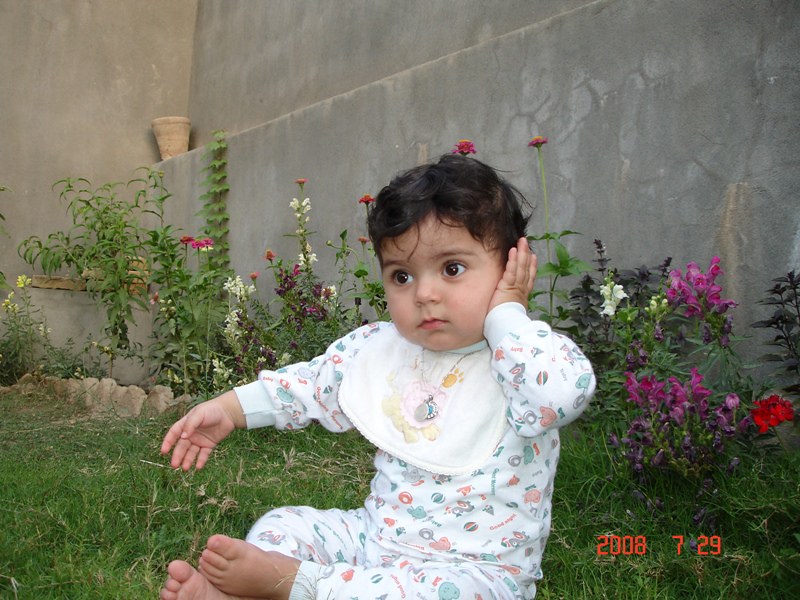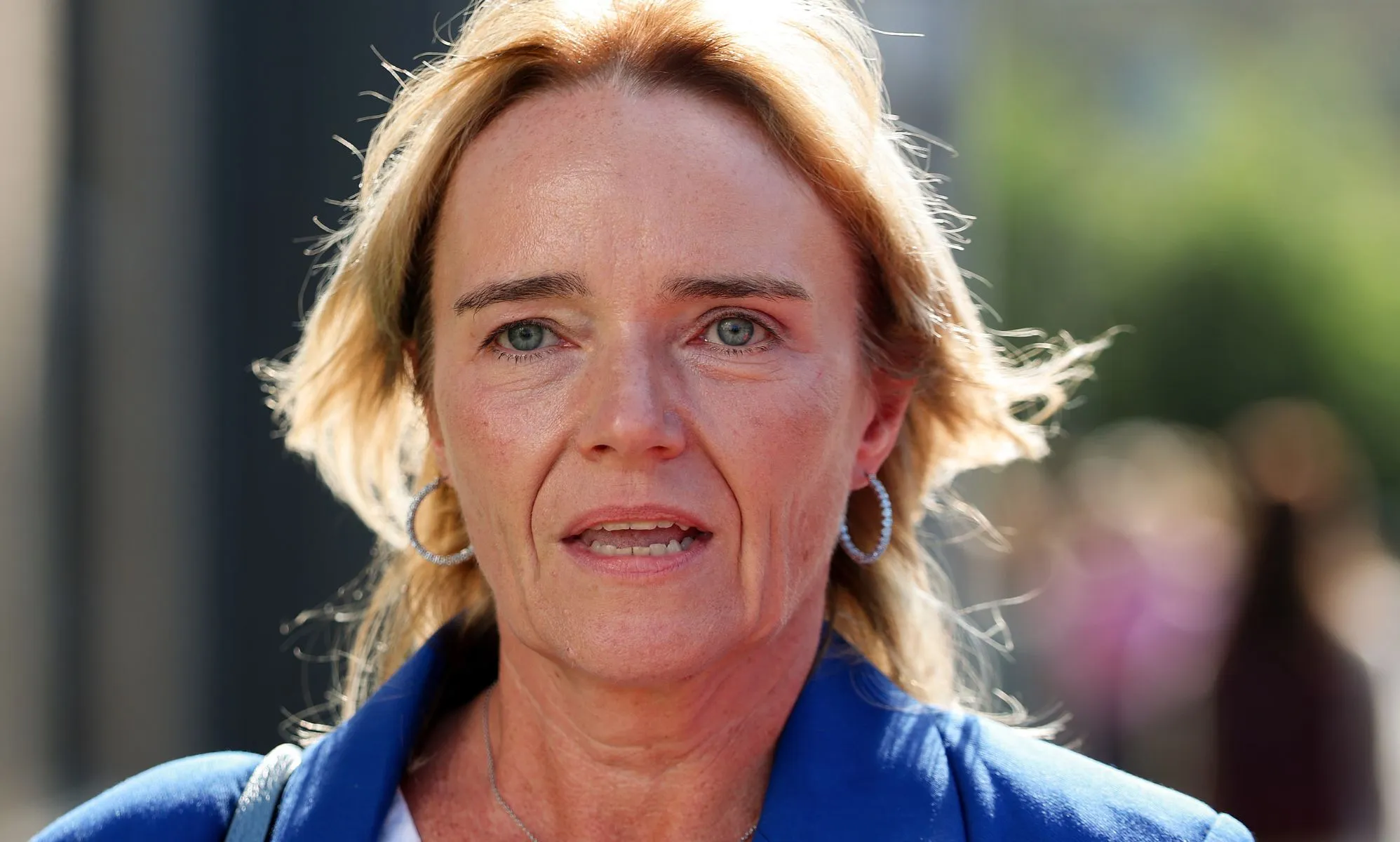
Introduction
The case of Child Q, a young black girl who was strip-searched by police at her school in Hackney in 2020, has sparked nationwide outrage and raised important discussions about systemic racism, the treatment of children in schools, and police procedures. The incident, which came to light through a leaked safeguarding report, has called for immediate reflection on safeguarding policies, children’s rights, and how institutions handle sensitive situations.
The Incident and its Fallout
In December 2020, Child Q, who was just 15 years old at the time, was subjected to a strip search by officers of the Metropolitan Police without informing her parents or having an appropriate adult present. This incident occurred under circumstances that many argue were unjustified, primarily surrounding the accusation of having cannabis in her possession. The implications of this case have resonated deeply within communities, raising concerns regarding racial profiling and the excessive use of policing in educational environments.
The emotional and psychological impact on Child Q has been profound, with reports indicating that she suffered from significant distress following the incident. In response, various organisations, including the National Education Union, have called for comprehensive reviews of how such circumstances are handled in schools. Schools are now being urged to create and adopt more robust safeguarding policies that prioritise the well-being and rights of students over policing measures.
The Public Response and Policy Changes
The public response to the Child Q case has been nothing short of a rallying cry for change. Protests and campaigns advocating for policy reform have emerged, drawing attention to the need for more humane treatment of children. Advocacy groups argue for transparency in school-related incidents involving police and are calling for an end to practices that violate children’s rights. Recently, London Mayor Sadiq Khan has echoed these sentiments, stressing the importance of ensuring that schools remain safe and supportive spaces for all children.
Additionally, the Independent Office for Police Conduct (IOPC) has launched an investigation into the incident, aiming to assess the actions of the police involved and ensure accountability. Educational leaders are likewise seeking to involve community stakeholders in shaping safer school environments, advocating for a shift from punitive to restorative approaches that focus on support rather than surveillance.
Conclusion and Looking Ahead
The Child Q case serves as a significant touchstone in discussions regarding the intersection of race, policing, and education in the UK. As the implications of this tragic incident continue to unfold, it calls on society to reevaluate the systems in place that govern the treatment of young individuals in educational settings. Looking ahead, it is crucial for policymakers, educational leaders, and law enforcement agencies to collaborate effectively, ensuring that the rights and dignities of all students are upheld, paving the way for a more equitable future in schools.
You may also like

An Introduction to Crime 101: Exploring Its Basics and Impact

The Sandie Peggie Employment Tribunal: Latest Developments

Bonnie Blue Arrested: What Happened and Why It Matters
SEARCH
LAST NEWS
- Remembering Wendy Richard: The Promise to Co-Star Natalie Cassidy
- How Did Anglian Water Achieve an ‘Essentials’ Rating for Mental Health Accessibility?
- Shai Hope Leads West Indies in T20 World Cup Clash Against South Africa
- What We Know About Weston McKennie: Future at Juventus and Past at Leeds
- What We Know About the Upcoming Live Nation Antitrust Trial